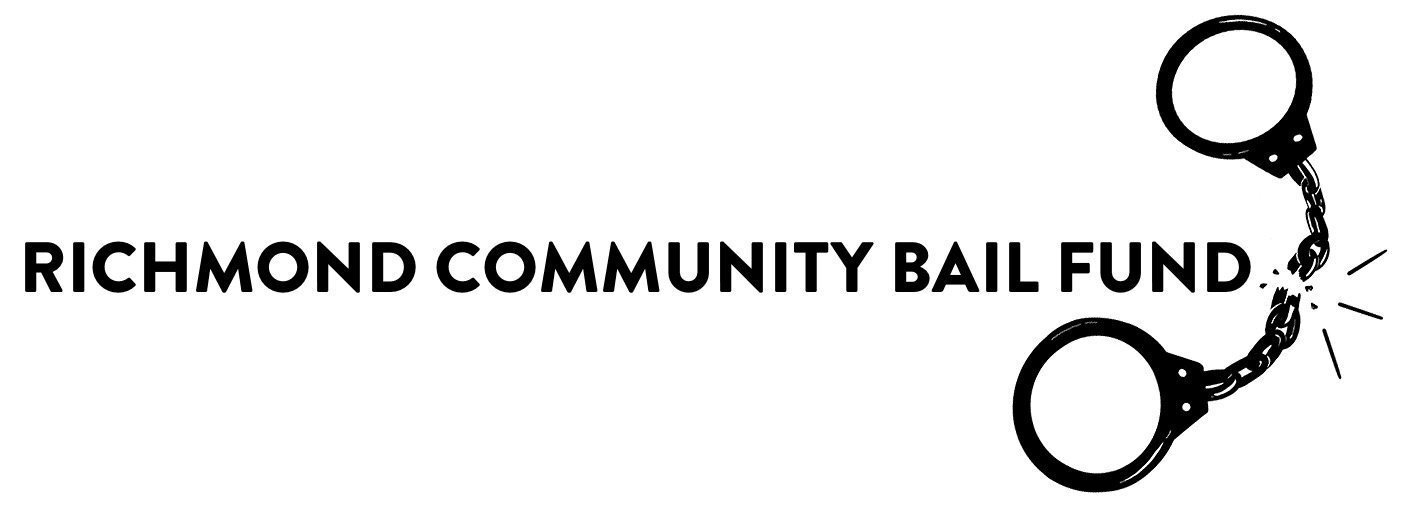Michael
On August 7, 2017, the RCBF bailed out its very first client, Michael. Here is a brief interview with co-founder, Matthew Perry, regarding the experience:
How did the Richmond Community Bail Fund get connected with Michael?
"Michael came to us via a referral from his public defender. He was charged with possession of heroin, and at the time of his release from jail, was temporarily staying at a friend's house. At the time of his arrest, Michael had no priors, and deep family connections to the metro Richmond area. Despite these facts, the presiding judge in his case set bail at $1000 - an amount that Michael's family might have been able to afford, but were unable to travel to downtown Richmond to post bail because of health problems. Michael is very amiable and talked a lot about his love for family and the outdoors when we met. He has a sharp, clear-eyed awareness of his current situation and how he intends to move past it, provided the system lets him."
What was the process of bailing him out like?
"It was fairly simple - Alex, Ashley and I received a referral from Michael's attorney, and drove down to the city jail, where the Magistrate's office is located, to post the bail. We weren't able to meet with Michael the same day that we bailed him out because it usually takes about 3-4 hours after the posting of bail for the defendant to actually be freed.
Helping Michael navigate his post-release obligations, however, has been more challenging. Because of a miscommunication between different city agencies, Michael was erroneously required to attend a Pretrial Services meeting in downtown Richmond. Because Michael lives in Mechanicsville, where the GRTC doesn't run, and doesn't have access to a car, Ashley and I had to give him a lift. If it weren't for us, Michael could have very easily missed that meeting and could have been re-incarcerated through no fault of his own."
What will the rest of the process entail?
Our next step is to help Michael make his court date in whatever way we can. But, we don't want to be too hands-on and burden him with obligations of our own creation. Our job is to help Michael get free from non-value adding state supervision, not act as a type of supervision ourselves. We plan to give Michael a phone call or two in the days leading up to his court date to remind him where he needs to be and when, and offer to arrange transportation to the courthouse on his behalf. After he makes all of his court dates (which we expect he will), we will get back the $1000 we used to bail him out and use it to bail out a new client. Hopefully, that cycle continues until pretrial detention for these types of crimes is a thing of the past.


